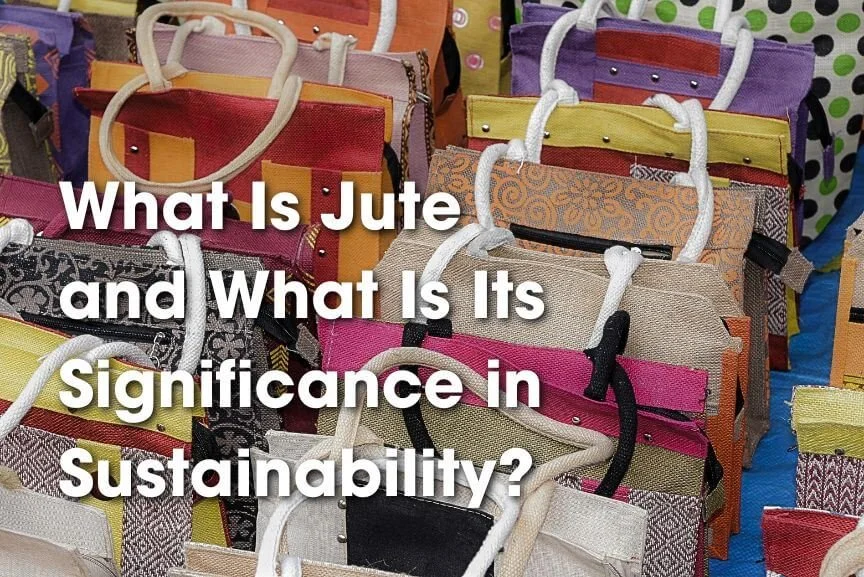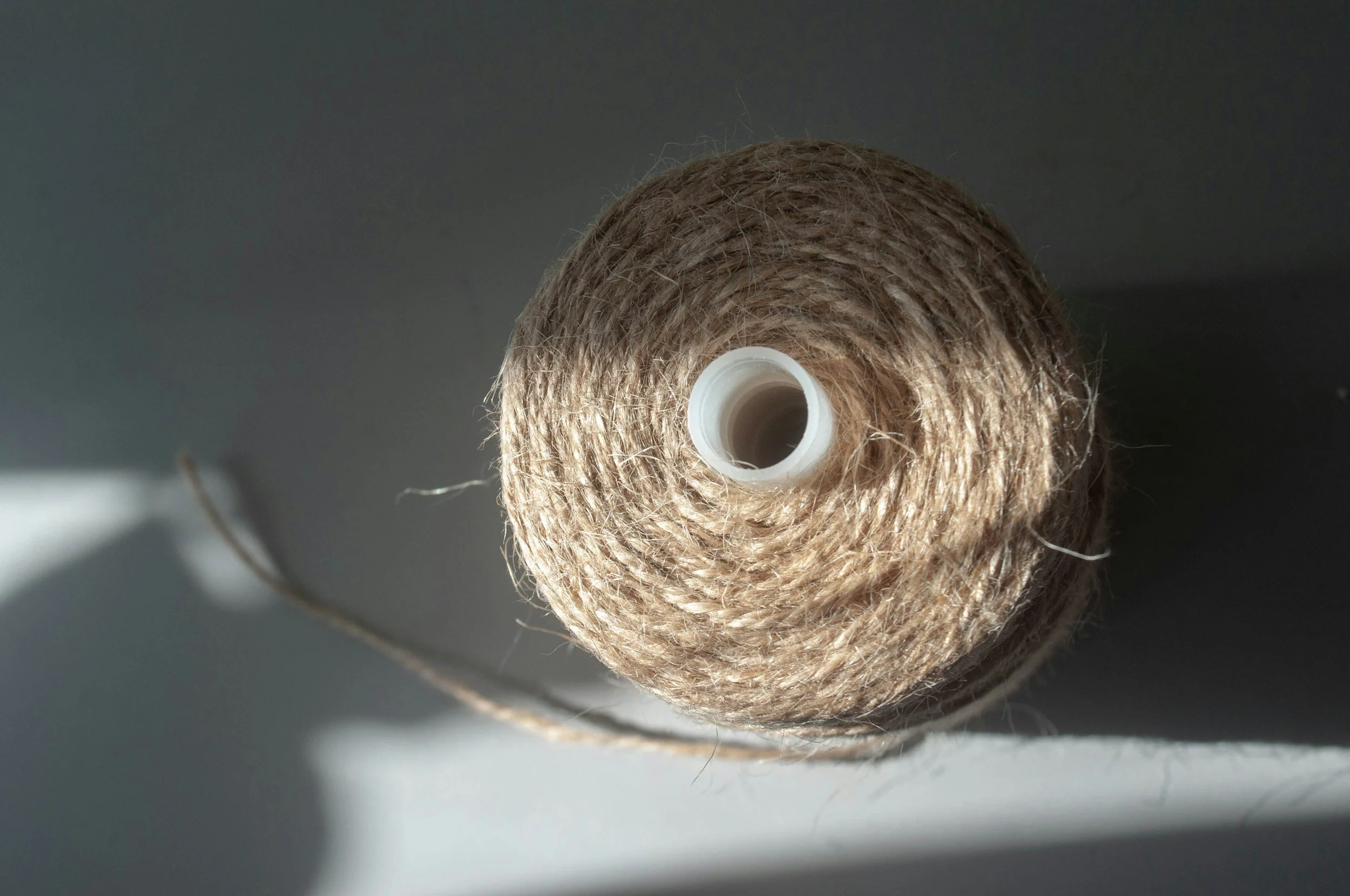What Is Jute and What Is Its Significance in Sustainability?
Group of jute shopping bags made of jute fabric.
In our quest for a more sustainable lifestyle, the choice of everyday items plays a significant role. One such item is the humble yet powerful jute bag. These reusable bags are not only eco-friendly but also stylish and extremely durable. But what is jute, and why is it considered a sustainable option? Let's dive into the world of jute and discover why switching to jute bags can make a positive impact on our environment.
What is Jute?
Jute fabric is a natural fiber derived from the jute plant's stem and outer skin, primarily cultivated in tropical regions like India and Bangladesh. Known as the "golden fiber" for its silky sheen, jute is both affordable and abundant. The process of creating jute fabric involves cultivation, harvesting, retting (soaking to loosen fibers), and spinning the fibers into threads. Jute is celebrated for its biodegradability, low environmental impact, and durability, making it a sustainable and eco-friendly choice for various uses, including reusable bags.
The Journey from Jute Plant to Jute Shopping Bag
The process of turning jute into usable fiber involves several steps:
Cultivation: Jute plants grow quickly and require minimal fertilizers and pesticides, making their cultivation eco-friendly.
Harvesting: The plants are harvested after about 4-6 months when they reach maturity.
Retting: The harvested stems are soaked in water to loosen the fibers, which are then stripped from the stalk.
Spinning: The extracted fibers are spun into threads, which can then be woven into fabric.
Why is Jute Sustainable?
Jute stands out as a sustainable material for several compelling reasons:
Biodegradability: Unlike synthetic materials, jute is 100% biodegradable and compostable. This means that when a jute bag reaches the end of its life, it will naturally decompose without leaving harmful residues in the environment. A major benefit for our times.
Low Environmental Impact: The production of jute involves significantly less water and fewer pesticides and herbicides compared to other crops like cotton. Jute plants also enhance soil fertility, allowing for better crop rotation and contributing to sustainable farming practices.
Carbon Footprint: Jute plants have a high carbon dioxide assimilation rate, which means they absorb more CO2 from the atmosphere than many other plants. This makes jute cultivation a contributor to reducing greenhouse gases.
Durability and Reusability: Jute bags are incredibly durable and can withstand heavy loads, making them perfect for repeated use. This reduces the need for single-use plastic bags, which are a major source of pollution.
Economic Benefits: Jute farming and processing provide livelihoods for millions of people in developing countries, supporting economic growth and reducing poverty.
The Benefits of Using Reusable Jute Bags
Switching to reusable jute bags brings numerous benefits, both for the individual and the planet:
Environmental Protection: By reducing the reliance on plastic bags, we can significantly cut down on plastic waste that ends up in landfills and oceans.
Cost-Effective: While the initial cost of a jute bag might be higher than a plastic one, its durability means it will last much longer, saving money in the long run.
Versatility and Style: Jute bags come in various designs and sizes, making them suitable for grocery shopping, carrying books, or even as a fashion accessory.
Supporting Ethical Practices: Purchasing jute products often supports fair trade practices, ensuring that farmers and workers receive fair wages and work in safe conditions.
Incorporating sustainable bags into our daily lives is a simple yet impactful step towards a more sustainable future. By understanding what jute is and recognizing its environmental benefits, we can make informed choices that contribute to the health of our planet. Retailers, consider offering jute shopping bags to your customers—a small change with big impacts! Embrace the golden fiber and pave the way for a sustainable legacy for generations to come.





